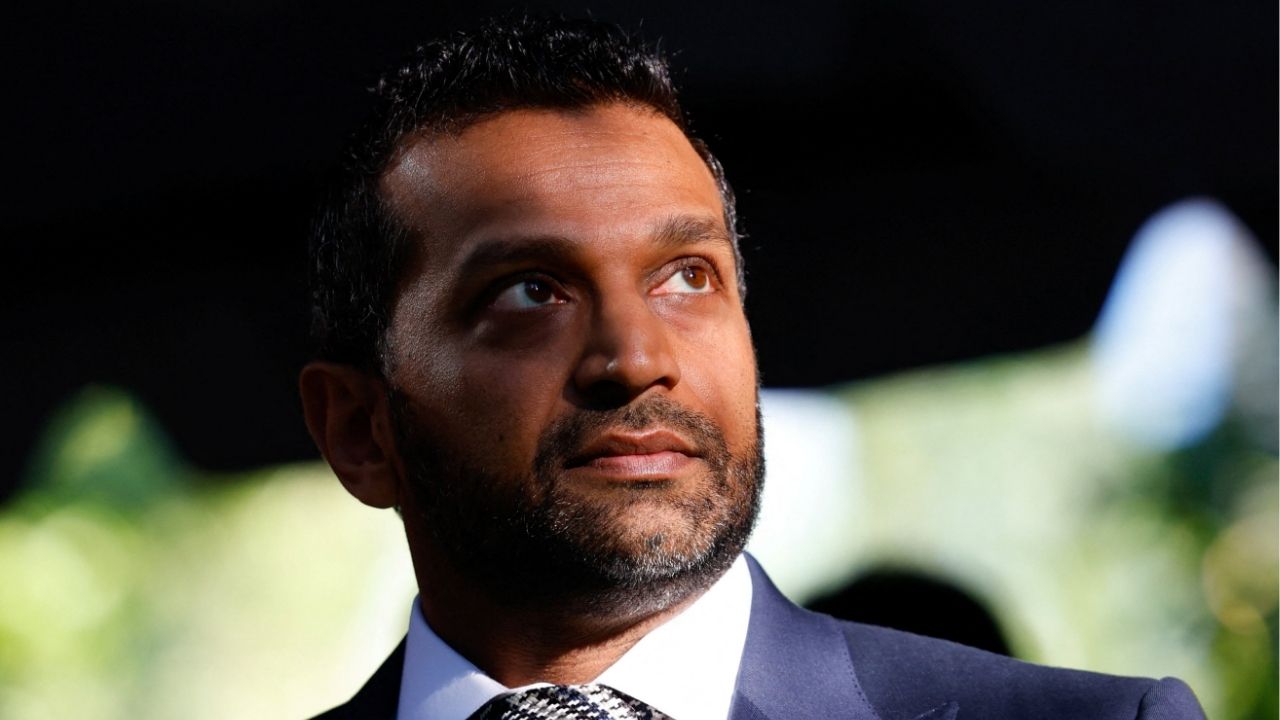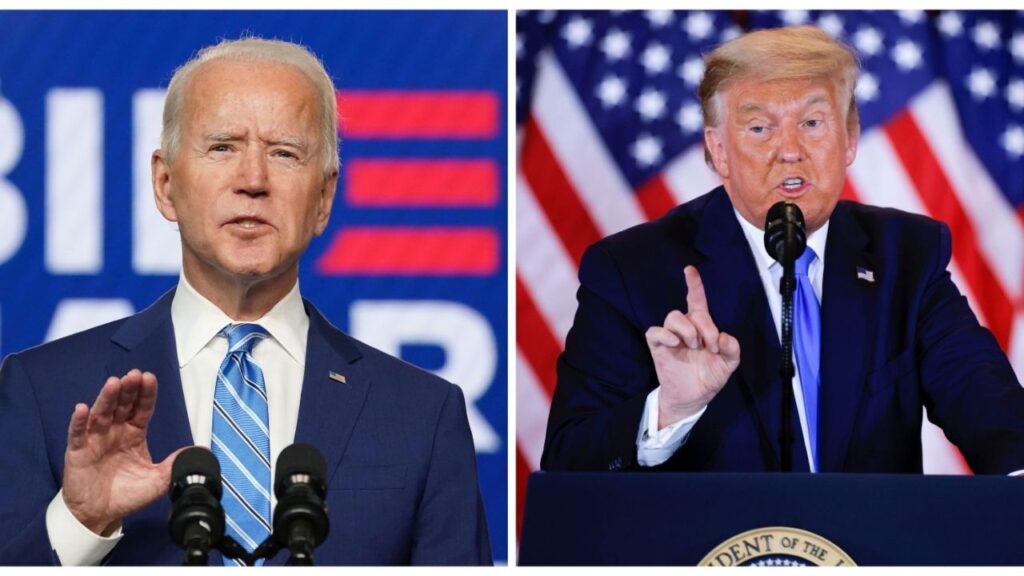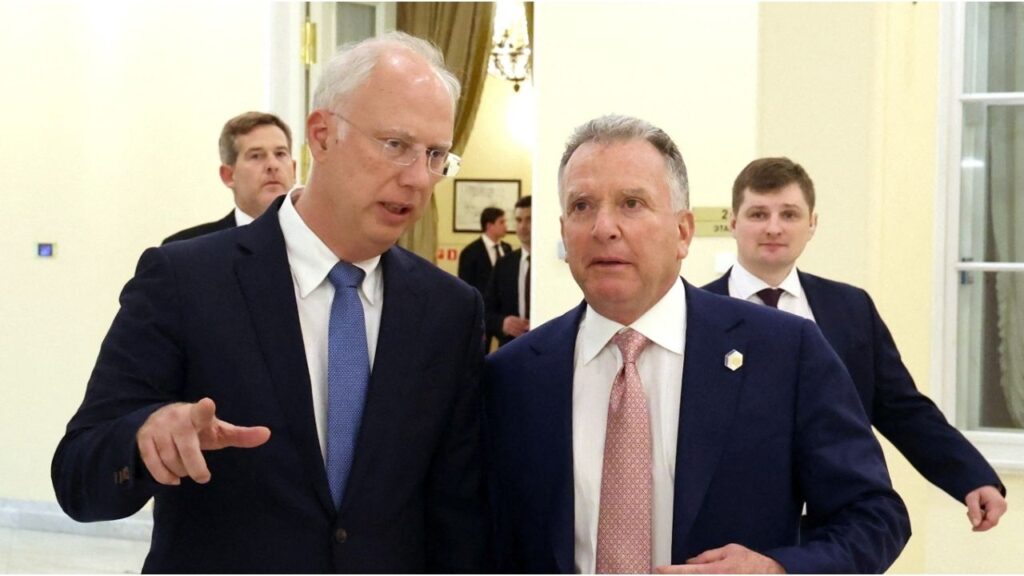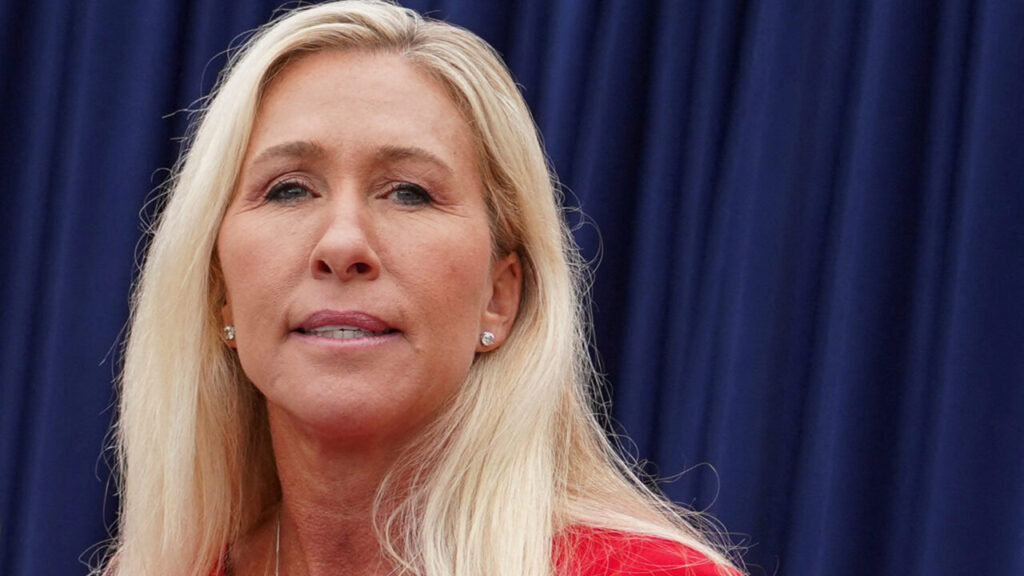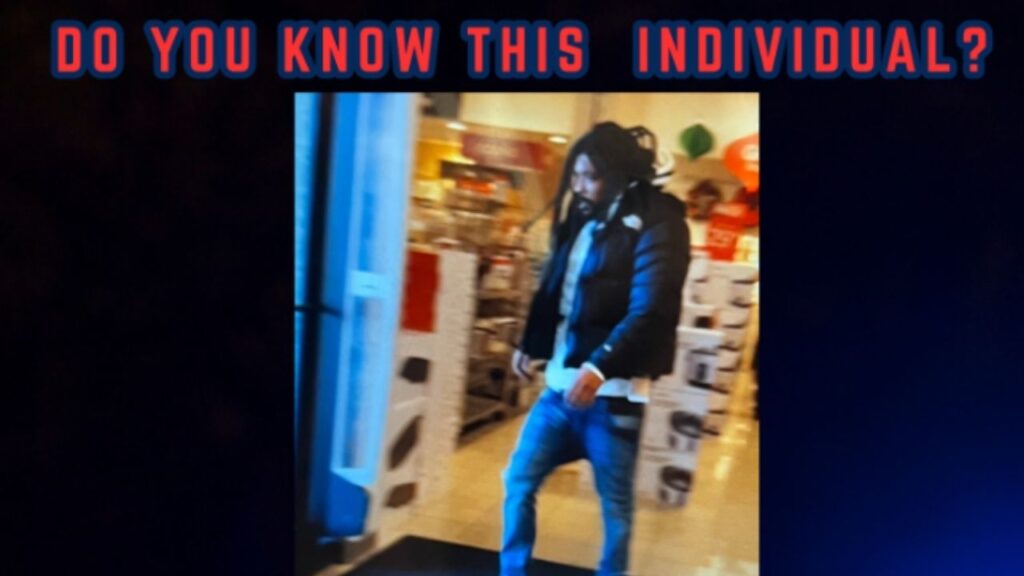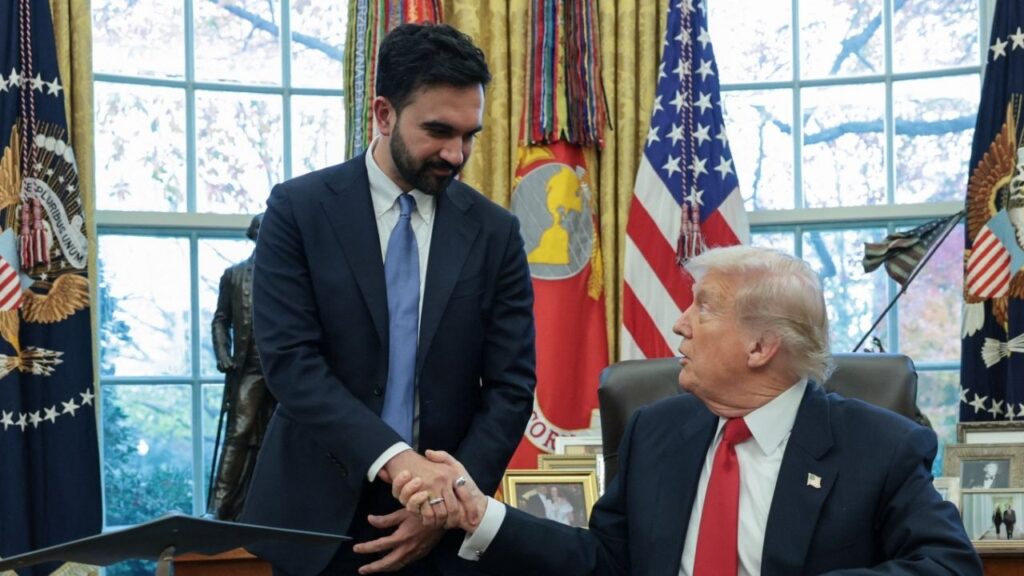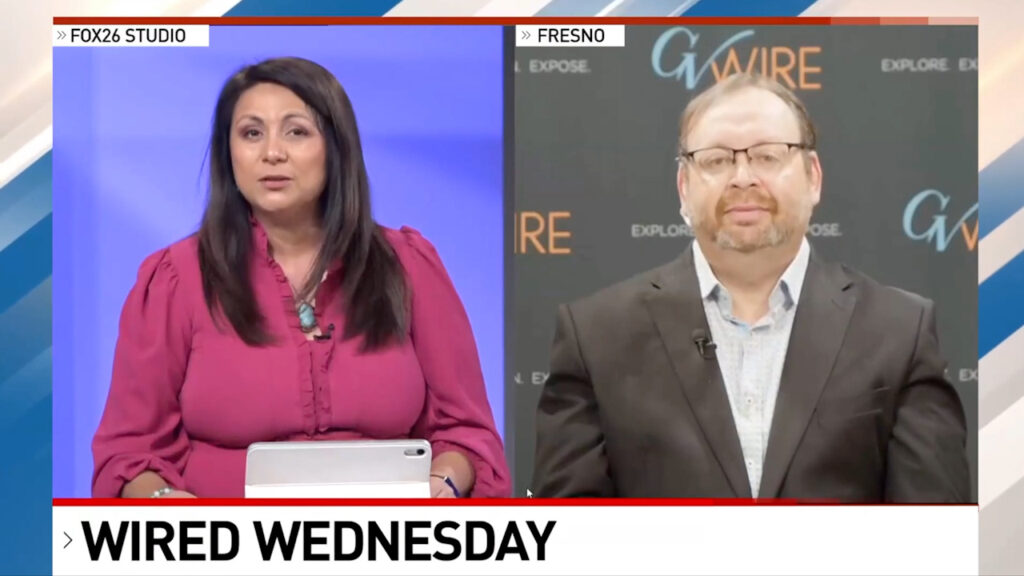FBI Director Kash Patel arrives for a ceremony marking the 24th anniversary of the September 11, 2001 attacks on the World Trade Center at the 9/11 Memorial and Museum in the Manhattan borough of New York City, U.S., September 11, 2025. (Reuters/Kylie Cooper)

- FBI Director Kash Patel faced tough Senate questioning over missteps in Charlie Kirk murder probe and withholding Jeffrey Epstein case files.
- Patel defended his record, citing crime-fighting successes, while critics accused him of politicizing the FBI and damaging public trust.
- Senators also raised concerns about lawsuits from ex-officials claiming they were ousted for disloyalty to Trump during Patel’s tenure.
Share
|
Getting your Trinity Audio player ready...
|
WASHINGTON — FBI Director Kash Patel appeared before a U.S. Senate panel on Tuesday, where he was set to face sharp questions about his handling of the investigation into the murder of conservative activist Charlie Kirk and the decision not to release investigative files related to accused sex trafficker Jeffrey Epstein.
Patel’s appearance before the Senate Judiciary Committee came as critics, including some allies of President Donald Trump, have questioned his leadership of the most prominent U.S. law enforcement agency.
Patel offered a broad defense of his tenure, touting what he said was an increase in FBI arrests for violent crime and seizures of illegal guns.
“I’m not going anywhere,” Patel said during his opening statement, adding that he was focused on building public trust and increasing transparency.
Patel drew scrutiny from current and former U.S. officials after inaccurately posting on social media on Wednesday that the person responsible for the shooting of Kirk, an important leader of the young conservative movement, was in custody. The FBI later clarified that at that point two individuals had been questioned and released.
The actual suspect, 22-year-old Tyler Robinson, was not arrested until Thursday night. The initial post sparked confusion at a moment of soaring political tensions in the U.S.
“Mr. Patel was so anxious to take credit for finding Mr. Kirk’s assassin that he violated one of the basics of effective law enforcement at a critical stage of an investigation,” Senator Dick Durbin of Illinois, the top Democrat on the Senate Judiciary Committee said at the start of the hearing. “Director Patel has already inflicted untold damage on the FBI, putting our national security and public safety at risk.”
Trump Defends Patel
Trump publicly defended Patel’s handling of the probe. Patel has credited his push to release surveillance images and video of the suspect with his ultimate capture.
Patel, a Trump loyalist with less law enforcement experience than his predecessors, earned his favor by championing claims that the FBI had been corrupted by anti-Trump bias.
Patel has pushed to align the FBI, which has traditionally sought to insulate its investigations from political influence, more closely with Trump and his agenda. The FBI during Trump’s second term has removed scores of senior officials, including those with deep experience countering national security threats.
Senators are also likely to question Patel about the Justice Department’s decision, revealed in an unsigned memo in July, not to release additional materials related to its investigation of Epstein, a wealthy financier and convicted sex offender who died by suicide while awaiting trial on sex trafficking charges.
The determination touched off a political crisis for Trump, enraging many online right-wing supporters who expected his administration to reveal details about other wealthy and powerful people with connections to Epstein. It also cast renewed scrutiny on Trump’s prior friendship with Epstein, who had been accused of sexually abusing underage girls.
Trump has not been accused of misconduct.
Patel may also be asked by panel Democrats about claims from three former senior FBI officials who sued last week claiming they were fired for being insufficiently loyal to Trump.
The lawsuit alleges that Patel was fixated on his social media presence and said privately that his job depended on expelling officials who had been involved in investigations into Trump, who faced two now-dismissed federal criminal cases during his years out of office.
The FBI has not commented on the lawsuit.
—
(Reporting by Andrew Goudsward; editing by Scott Malone and Alistair Bell)


